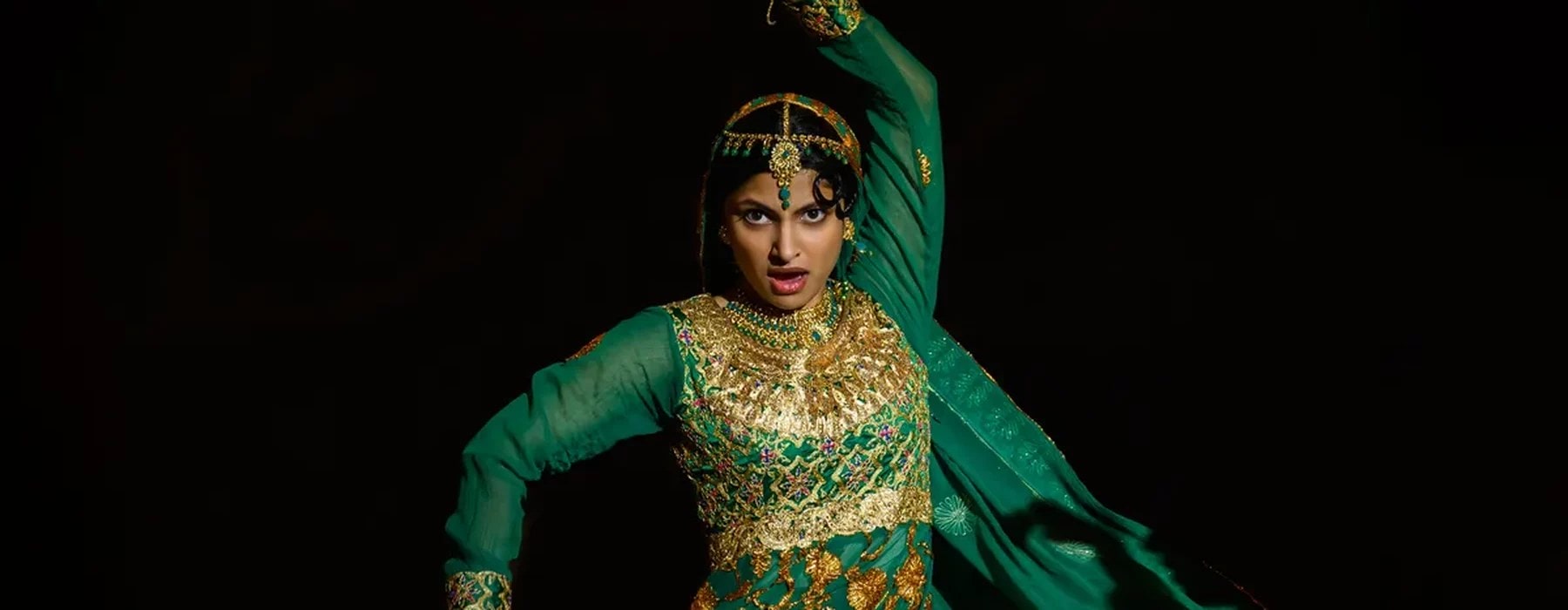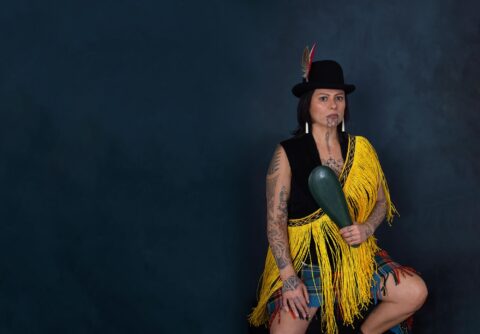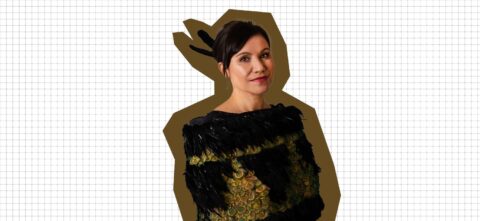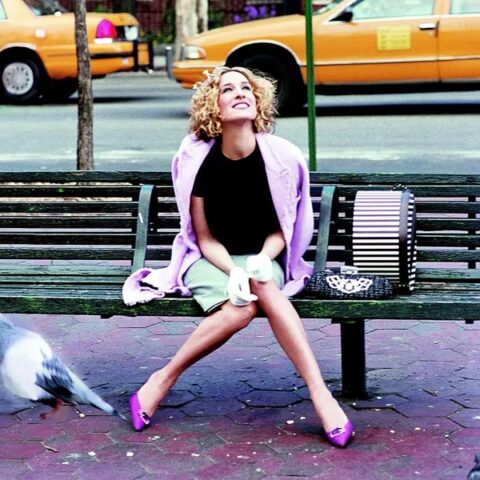The feature debut ‘Polite Society’ from British writer-director Nida Manzoor, is fun, endearing and a kick in the pants to mainstream action movie antics.
You don’t need clairvoyance to foretell Everything Everywhere All At Once‘s Oscars sweep means cinemagoers are in for a spate of martial arts comedies. Karate chops and crane kicks are always in style, but, for the past decade, Western kung fu movies have targeted niche crowds in the action genre cul-de-sac, sidestepping mainstream release. EEAAO‘s domination of critics and the box office suggests change is afoot. Polite Society, the debut film by television auteur Nida Manzoor (We Are Lady Parts), is first to the punch bowl.
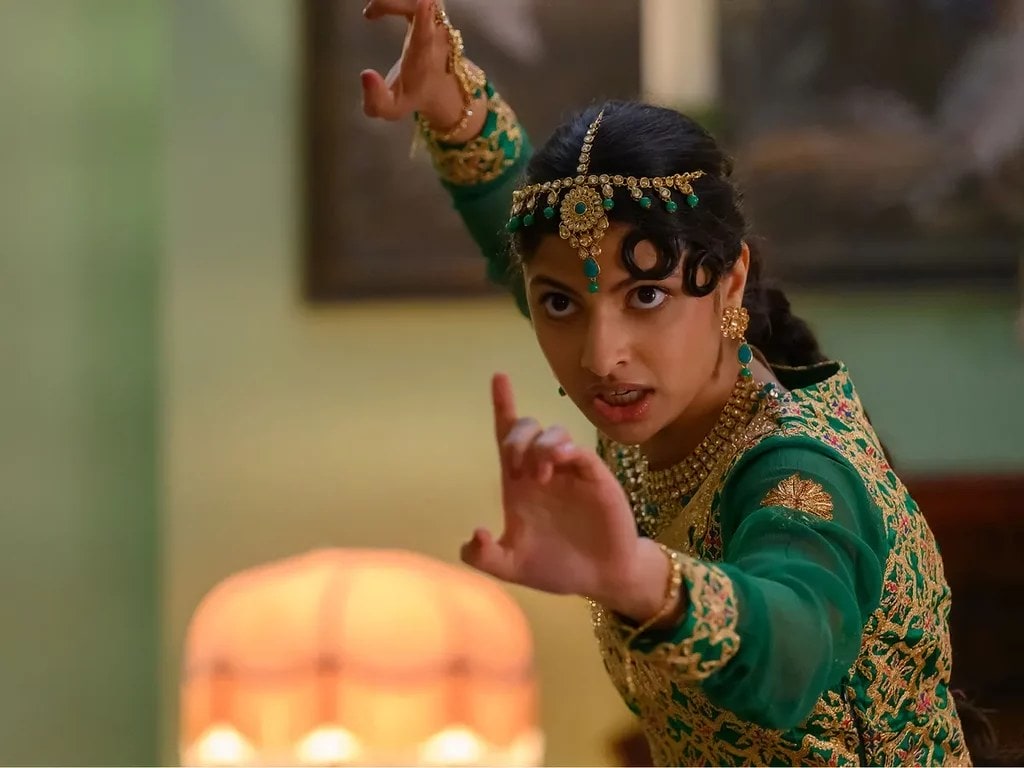
London high school student Ria (Priya Khansara) and her sister, art school dropout Lena (Ritu Arya), are as close as Jackie Chan and the Chinese Communist Party. Ria and Lena’s dreams of becoming a world-class stuntwoman and a successful painter scrape against their parents’ traditional Pakistani values. Ria will be a doctor, and Lena is to marry into the upper class. But they can always rely on one another to support their ambitions against parental displeasure.
The sisters’ camaraderie is spun on its head when Lena falls for Salim (Akshay Khanna), a pioneering—and wealthy—gene scientist. After one month of dating, she accepts his marriage proposal and prepares to move to Singapore immediately following the wedding. But Ria doesn’t trust Salim’s quick moves or his snooty mother, Raheela (Norma Bucha), so commits herself to break up the engagement before something monstrous happens.
The above synopsis barely touches upon the radiant joy that illuminates Polite Society from start to finish. Nida Manzoor, who also wrote the film, has stuffed every inch of this time-honoured diasporic-drama structure with unexpected action and comedy. Ria’s fantasy to star in a lush, melodramatic action epic bleeds into her mundane surroundings. Kung fu battles and undercover heists splinter the drab routine of science class and family dinner. The film delights in dancing with incredulity, but there’s no sense that this high passion is merely a figment of imagination. When Lena kicks Ria through her bedroom door, their parents will need to phone a carpenter.
Polite Society‘s combustible funk melodies, cracking whip pans, and scene-setting title cards immediately nod to the caffeinated dude-metatextuality of Quentin Tarantino and Edgar Wright. More notably, Manzoor imbues the film with affection for the early work of Jackie Chan, whose mid-80s Police Story films similarly balance pure comedy, ambitious stunts, and high drama. This delicate equilibrium remains delicious because it is always on the verge of collapse.
The title promises Polite Society will lock horns with class issues, but these themes are slim as the story zig-zags into erratic fantasy. Mulling over the film’s title, I wonder if Polite Society is a near rhyme for Police Story? Maybe Ria’s expensive private education denotes a critique of class aspirations, but in British films, every school seems either History Boys’ fancy or browbeaten by Dickensian squalor.
The sisters’ father (Jeff Mirza, returning to the stiff patrician type he played in What’s Love Got to Do With It?) mentions this pricey school will prepare Ria for her medical career. The scene reads more as a comment on the limited opportunities available to middle-class women, reinforcing the feminist fury flowing throughout.
All this style overload would float without a centre if it weren’t for the sisters’ relationship. Before the action starts, and the story goes left-of-centre, there is a rare non-cloying heart to Ria and Lena’s faith in one another. Lead actors Priya Khansara and Ritu Arya bring natural tenderness to their bond, whether Lena is helping Ria film stunts for YouTube or throwing an impromptu dance party.
As fists and circumstances force the sisters apart, this relationship remains persuasive—the film’s wit springs from the sturdiness of these characters. As the brash cry of punk legend Poly Styrene blasted through the theatre, I felt sure Polite Society will become—at a minimum—a cult classic.
Related article: A New Film Air Based On The Origin Of Nikes Basketball Sneakers Is a Winner

